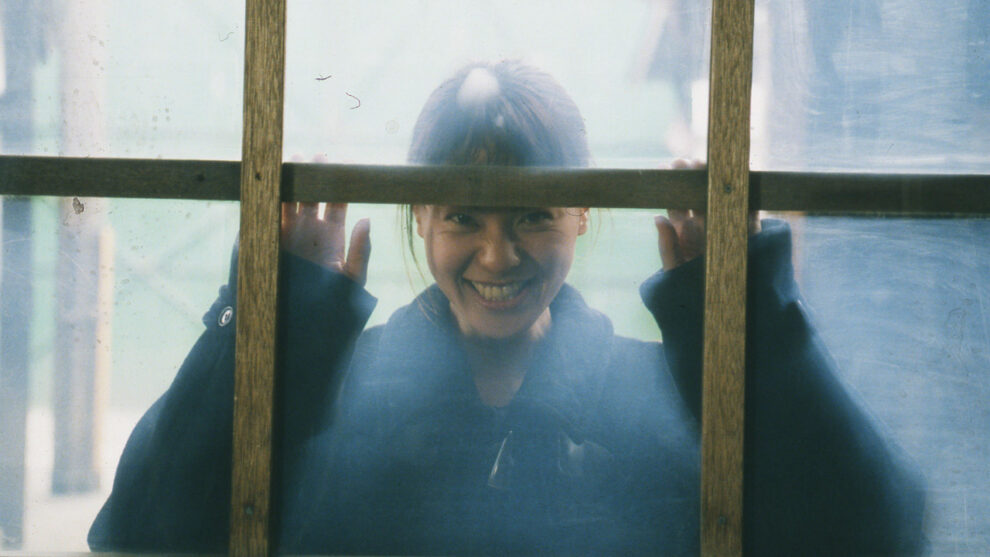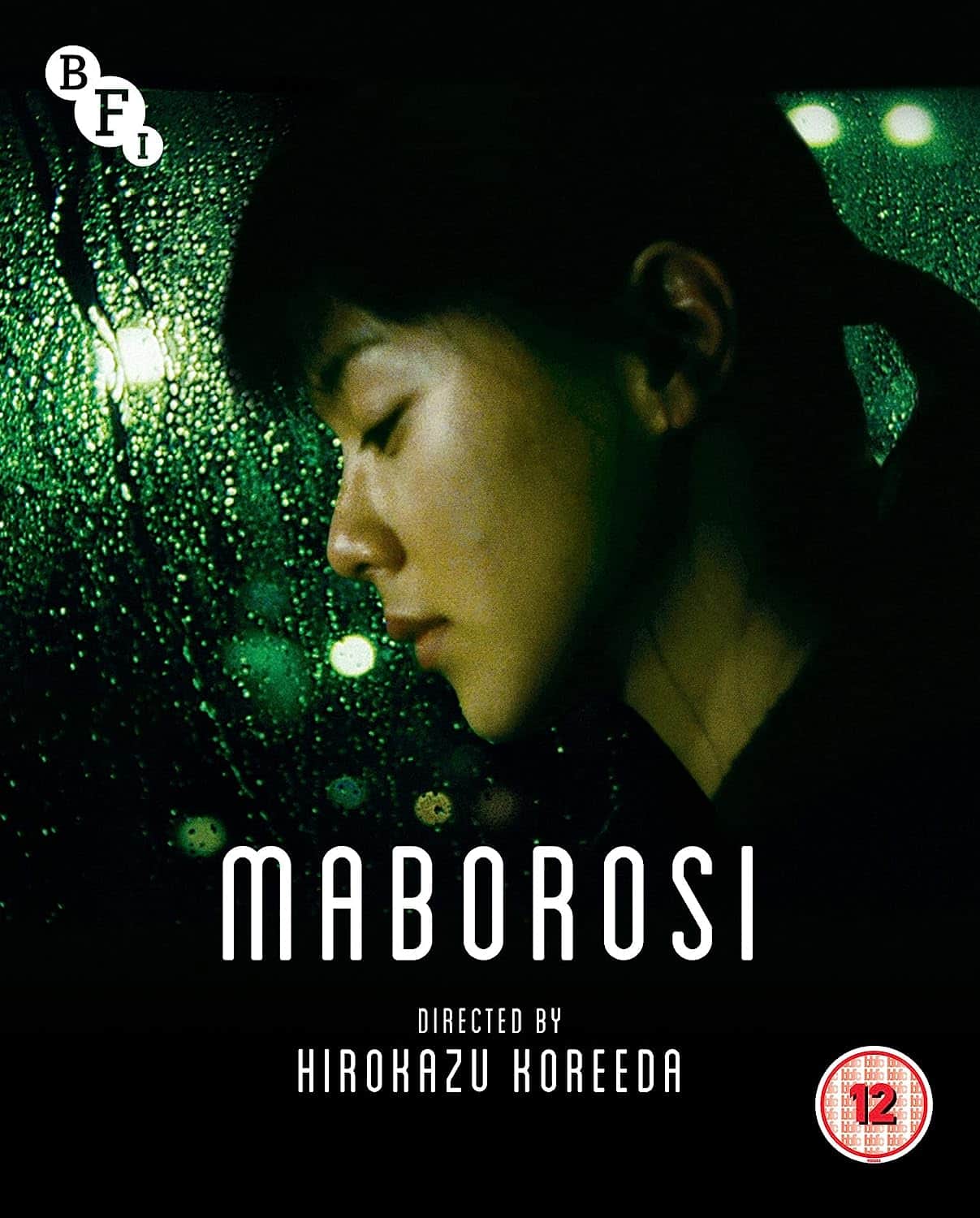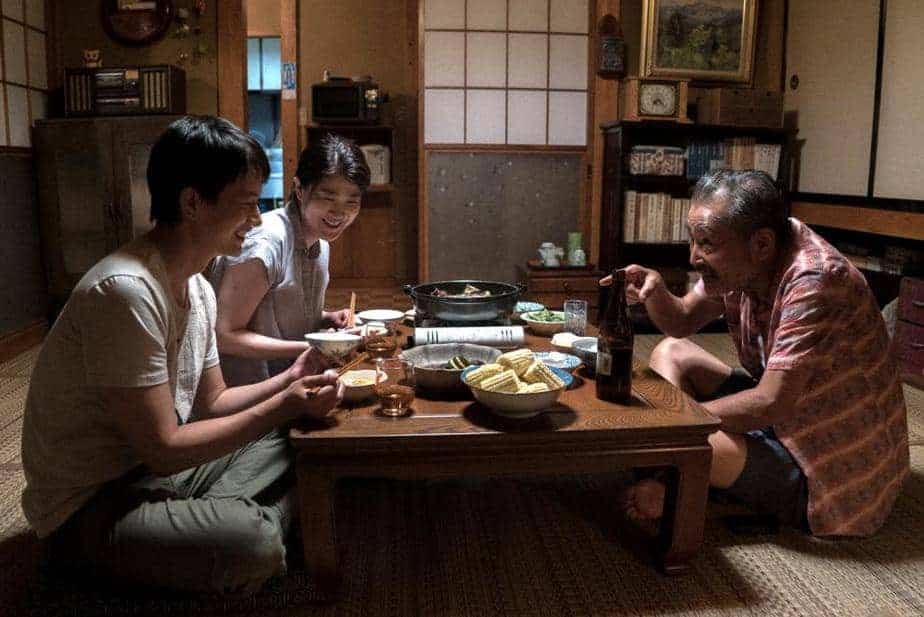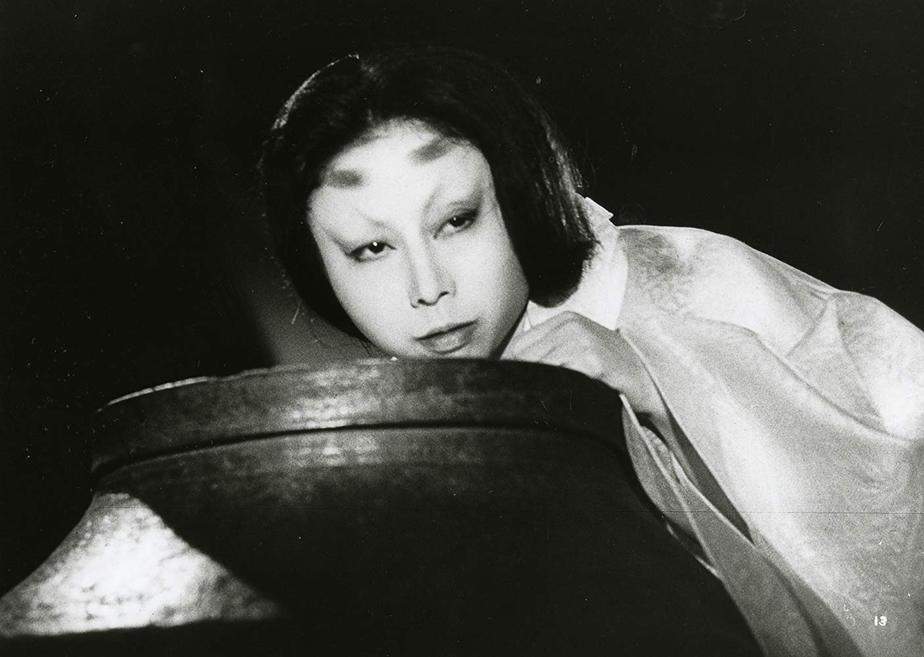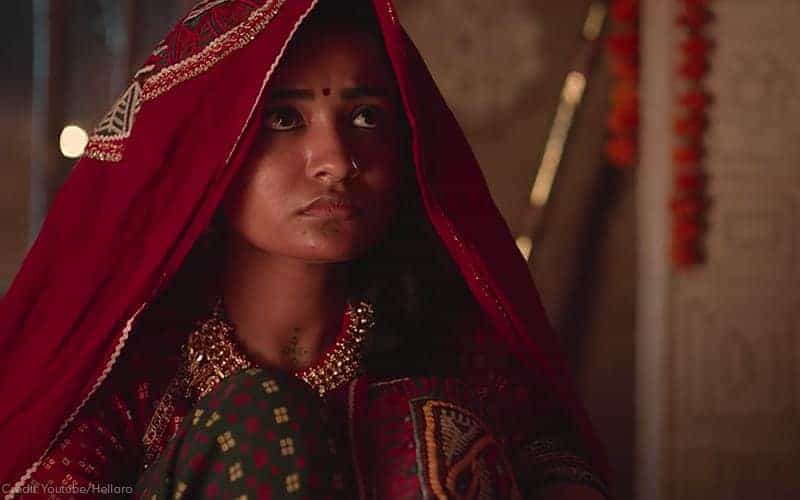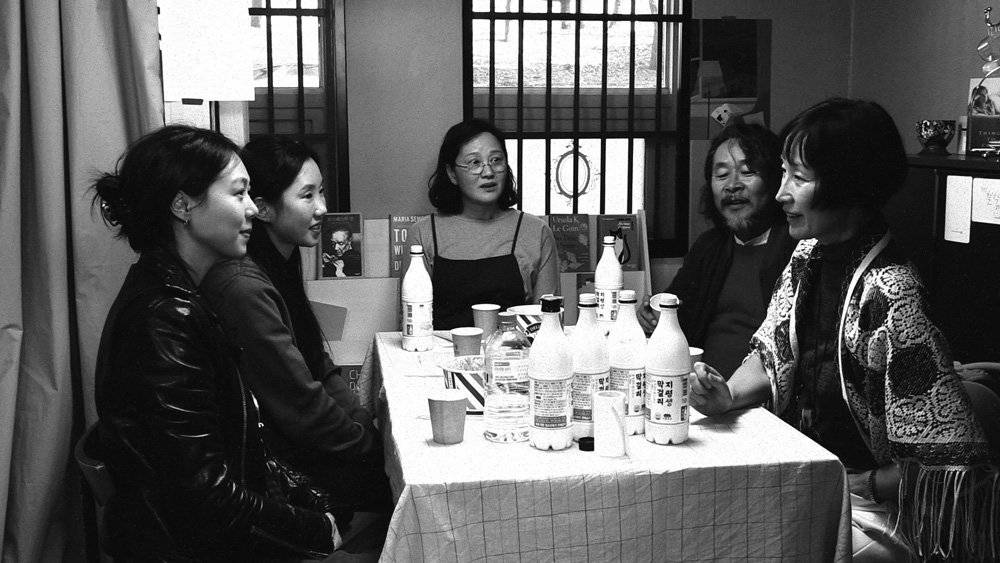“Maborosi” is based on the novel “Maboroshi no Hikari” “by Teru Miyamoto. The title of the book and movie adaptation translates to “phantom light.” Writing the screenplay is Yoshihisa Ogita. Hirokazu Koreeda's first fictional feature would be a critical and financial success. It would be a major hit at the 1995 Venice Film Festival, winning a Golden Osella Award for Best Cinematography. Many viewers have described the feature as having the calm stillness of a Yasujiro Ozu picture with the emotional tone of a work by Mikio Naruse.
The story begins in Osaka. Yumiko is a happy young woman who embraces life and dearly loves her husband, Ikuo, and child, Yuichi. She is frequently troubled by dreams regarding the passing of her grandmother. Despite this, she finds happiness in her new life. Unfortunately, tragedy strikes when her husband dies after getting hit by a train in what is ruled a suicide. She is now a widow, and her son is left without a father. As she becomes overwhelmed with grief, the female lead recluses herself from the world. After time passes, Yumiko agrees to an arranged marriage with a widower named Tamio, and she and her child move in with him in a home located in a coastal village near the Sea of Japan. The new family life proves comforting, and the two grow close to one another. Yet, the main character continues to grieve over her past.
“Maborosi” is a heartbreaking emotional journey and a powerful meditative look at grief. It is not often you have a movie that explores emotional and psychological turmoil in the way Hirokazu Koreeda portrays here, along with highlighting the beauty of life and the somberness of death. There is a detailed exploration of what evokes sadness in people's hearts, whether it be guilt of the past or tragedy that strikes. Furthermore, Koreeda demonstrates these emotions by showing how registering tragic circumstances and mourning is a period of healing that doesn't happen quickly. More than that, to heal from grieving, there must first be acceptance, even if it hurts. Despite this film being a work of fiction, its narrative and characters feel real. With the themes presented here, audiences are left to reflect on how they overcame heartache and personal regrets and how trying to escape acceptance can lead to more pain.
Much of what catapults the drama in “Maborosi” is a terrific performance by Makiko Esumi, who plays Yumiko. Her emotional journey of trying to heal captures how blind-sided one can become by tragedy and how grief can still linger even through the best efforts to recover. Also great is Takashi Naito in the role of Tamio, who, like Esumi, captures a person still haunted by the pain of loss in his past, even with the newfound happiness he finds in this arranged marriage with Yumiko. Even with his minimal screentime, Tadanobu Asano does a commendable job bringing sadness to the part of Ikuo, Yumiko's first husband, who commits suicide. Other performers who appear, like Akira Emoto, Ren Osugi, and child actors Gohki Kashiyama and Naomi Watanabe, also deliver strong work here.
The production values help create a transcendent and somber atmosphere. Gorgeous cinematography by Masao Nakabori greatly encapsulates the tone, such as many lingering shots that emphasize the characters' emotions. Along with remarkable aesthetics is a wonderful music score by Chen Ming-chang. One imposing sequence towards the film's conclusion, in which Yumiko witnesses a funeral procession, demonstrates an outstanding balance of sight and sound, further enhanced by great acting.
Beyond being a major stepping stone for Hirokazu Koreeda as a filmmaker, “Maborosi” is a fantastic film. It is the first of many cinematic examples displaying Koreeda's masterful storytelling. With a superbly constructed screenplay, it becomes all the more immersive thanks to great performances and beautiful cinematography. By the end, viewers will be just as immersed in assessing life as the features' characters.


